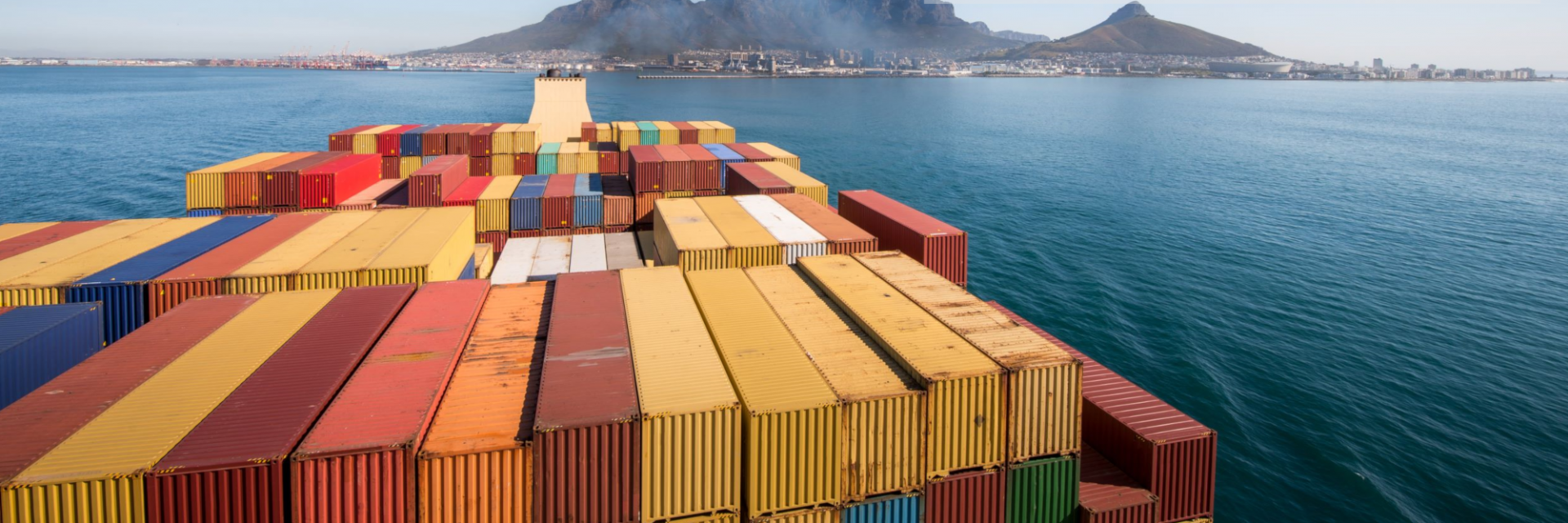Tunis, 15 April 2022 (ECA) - The Ministry of Trade and Export Development of the Republic of Tunisia organized on 15 April 2022 in Tunis a workshop to present stakeholders with its strategy for the implementation of the African Continental Free Trade Agreement (AfCFTA).
The draft strategy identifies Tunisia’s comparative advantages, how the country can achieve its full trade potential within the context of the AfCFTA and accelerate its economic diversification. It was developed with technical support from the Economic Commission for Africa and EU financing as part of its Global Gateway strategy.
Following the analysis of the Tunisian economic context and the opportunities brought by the AfCFTA, participants were presented with a set of preliminary recommendations such as the need to strengthen the legal and institutional environment, logistical infrastructure and production capacity, establish a monitoring and evaluation system and train stakeholders on regulations related to the AfCFTA.
The meeting took place with the participation of officials, national and international experts in fields such as customs, transport and international transit, foreign trade or regional integration, and private sector and civil society representatives with the aim of facilitating an open and multi-sector reflection on the draft strategy.
The AfCFTA was officially signed on 21 March 2018 in Kigali (Rwanda) with the ambition of making it an engine of economic growth, structural transformation and development for the entire continent. This goal has become even more imperative in view of the institutional, economic and social changes experienced by the region since 2011 and in the wake of the economic crises caused by COVID-19 and the conflict in Ukraine, said Amal Elbeshbishi, acting Head of the Employment and skills section at the ECA Office for North Africa.
"The AfCFTA is comprehensive and goes beyond traditional trade agreements. In addition to the liberalization of trade in goods and services, it provides a framework for the harmonization of competition, investment and intellectual property policies and takes into account a new sector such as e-commerce", said Saida Hachicha, Director General of the Ministry of Trade and Export Development.
The European Union is currently the main destination of Tunisian exports with more than 70 percent, against about 10.7 percent of goods exported to Africa in 2019. Three quarters of Tunisia's exports within the African continent go to Arab Maghreb Union countries (Libya, Algeria, Morocco and Mauritania), followed by Egypt (3.6 percent), Côte d'Ivoire (3.5 percent) and Senegal (2.9 percent).
An in-depth analysis of the structure of Tunisian trade that the country’s experts conducted with support from the Economic Commission for Africa, revealed significant potential markets for Tunisian exports to Africa in the agricultural, agri-food and industrial sectors (electrical industry, textiles and clothing). Promising countries of destination include Algeria, Morocco and Libya, as well as Ethiopia, Egypt, Senegal and Côte d’Ivoire.
According to Ms. Hachicha, Tunisia's full involvement in African regional integration, including the removal of tariff and non-tariff barriers and the adoption of a trade facilitation approach, could increase the share of national exports to the rest of Africa by 91 percent.
In addition to increasing trade, the AfCFTA gives Tunisia an opportunity to raise its companies’ competitiveness, generate jobs, and modernize its economy. It can also support women’s inclusion in the labour force, the building of a national resilience against climate change and the development of new technologies.
Finally, according to Ms. Elbeshbishi, reinforcing Africa’s integration - in its various dimensions would ultimately strengthen the position of North African countries with the rest of the world, raise the region’s attractiveness as an investment destination and improve North African countries’ possibilities for future growth and development, as well as their resilience to external shocks.
Issued by:
Communications Section
Economic Commission for Africa
PO Box 3001
Addis Ababa
Ethiopia
Tel: +251 11 551 5826
E-mail: eca-info@un.org

